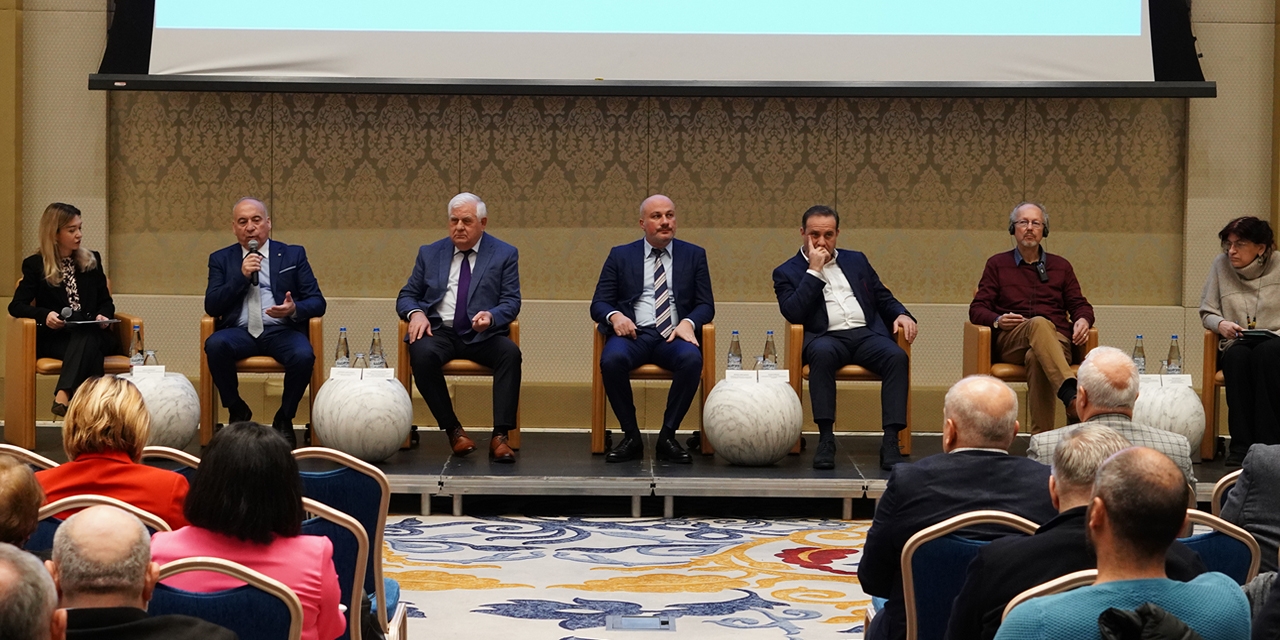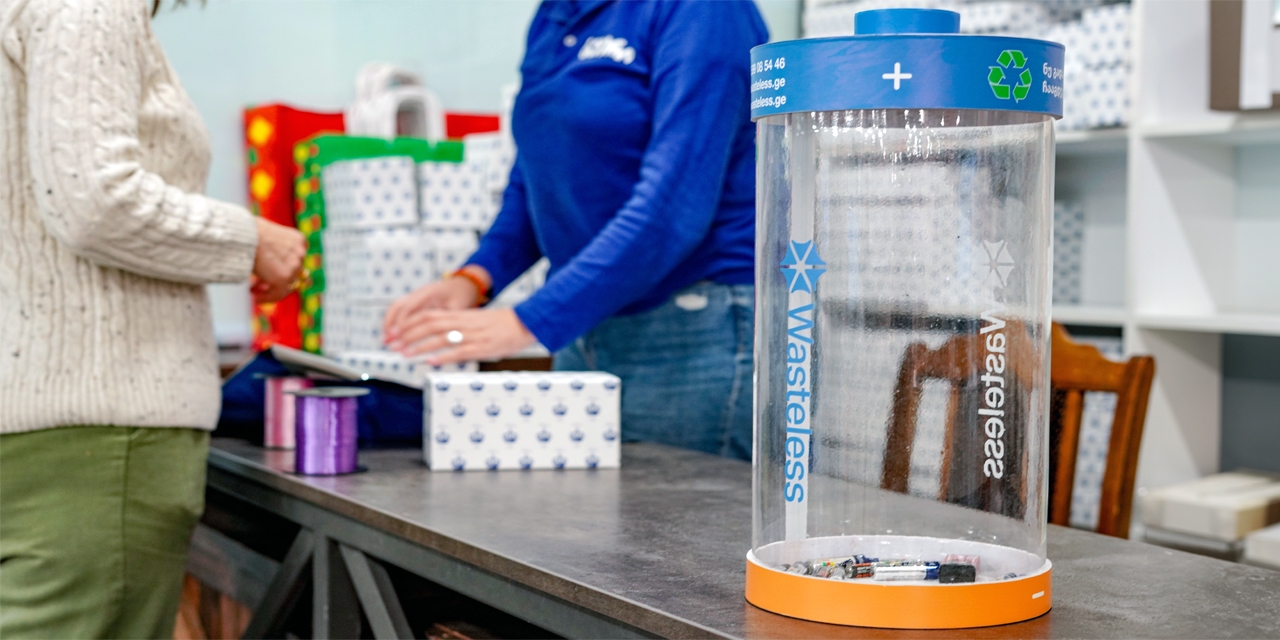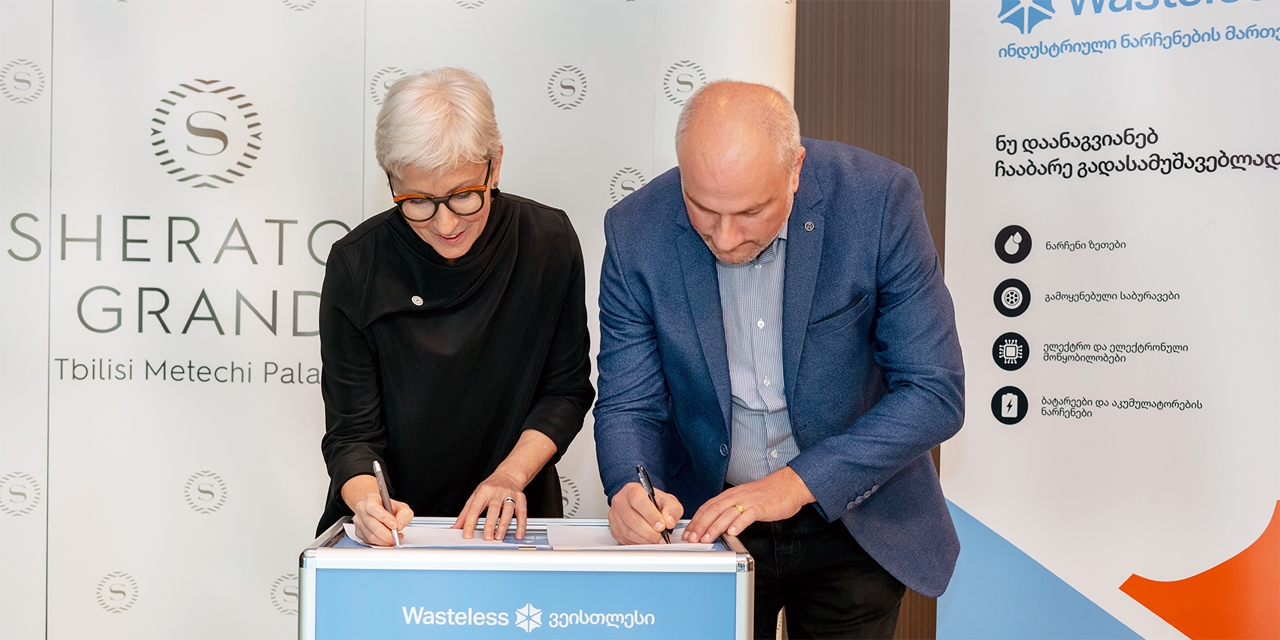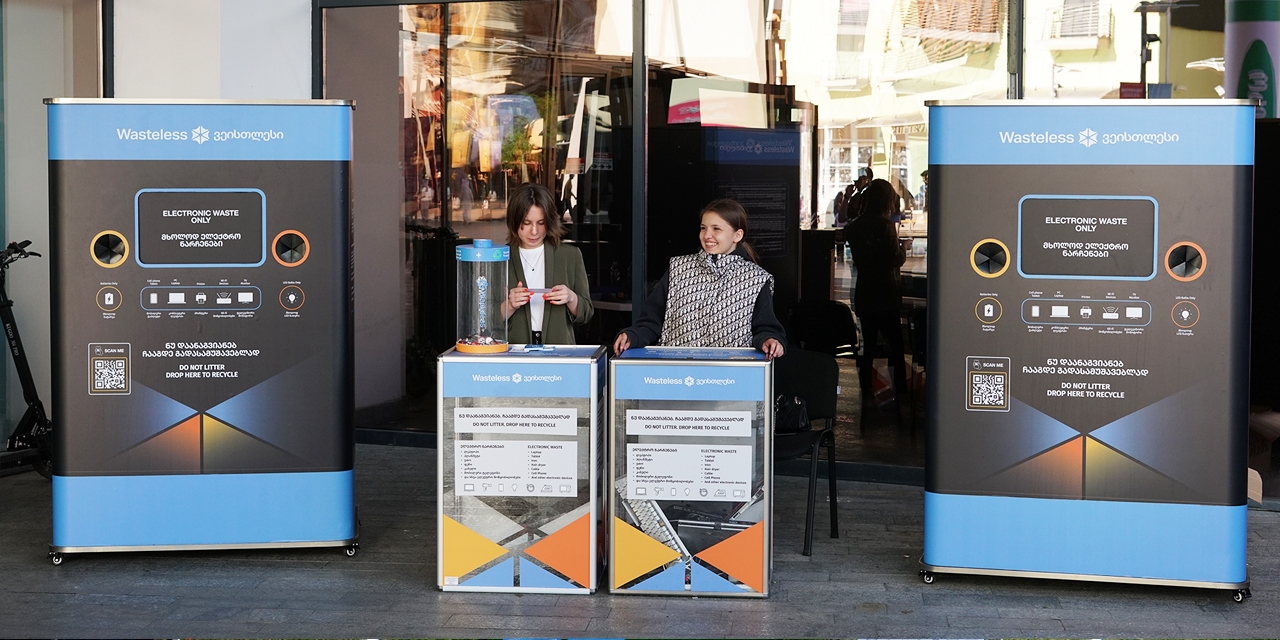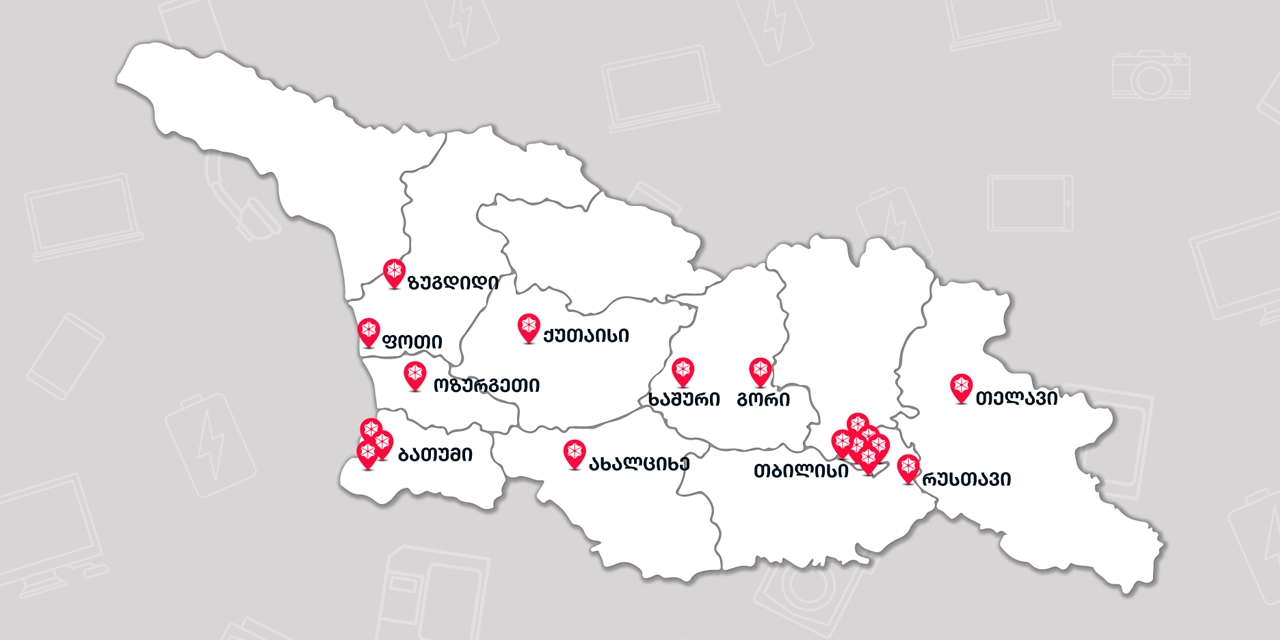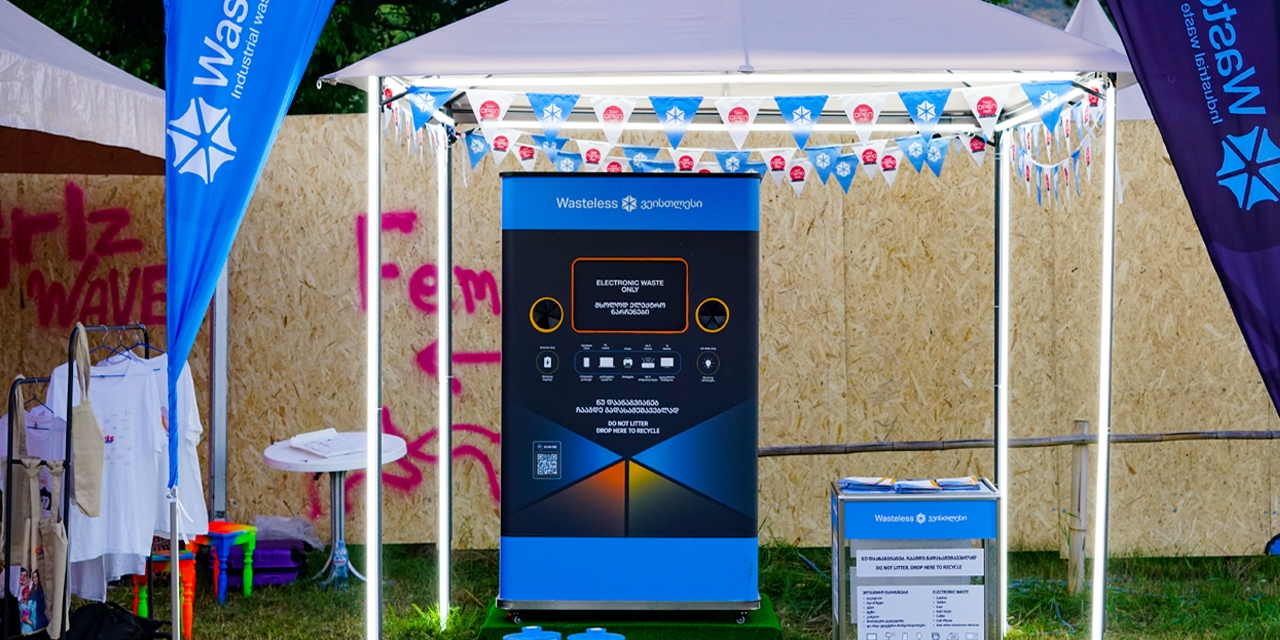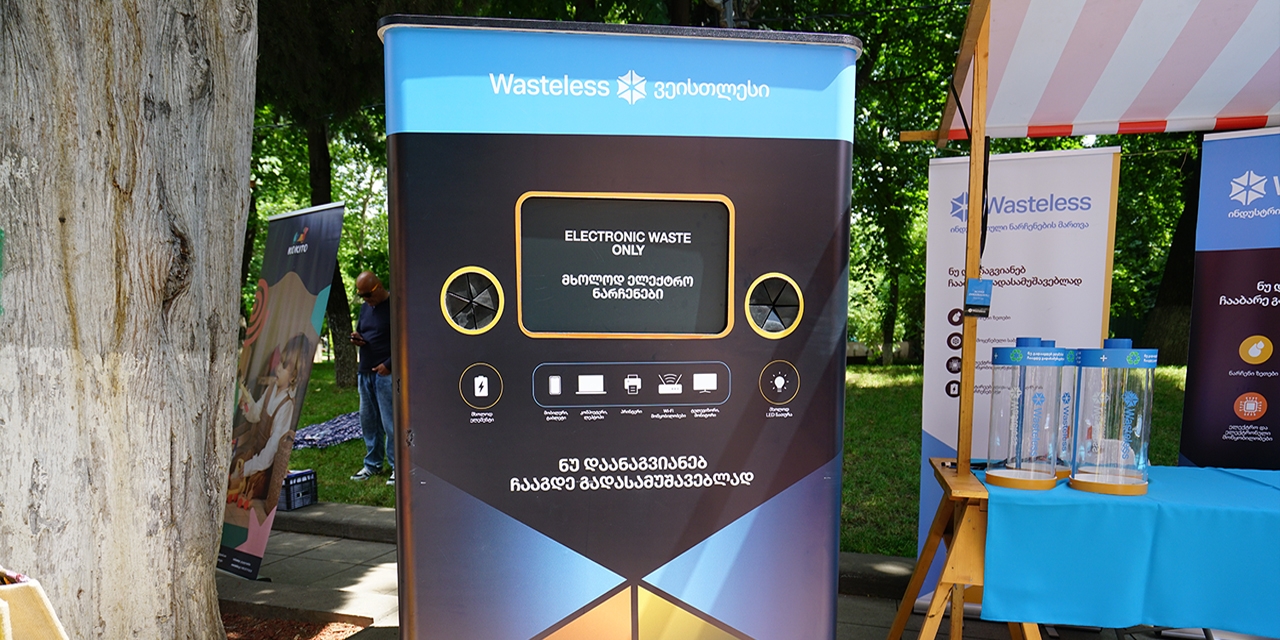
Waste Management Challenges in Georgia
Waste management remains one of the most significant challenges in Georgia. 90% of household waste is buried in landfills, and the implementation of separate collection systems is still not succeeding. In the case of specific waste types, such as tires, oils, electronic devices, and batteries, informal use and trade are punishable actions under the current legislation. Since 2022, due to the activation of Extended Producer Responsibility (EPR) and the activities of authorized waste management organizations, more than 35,000 tons of specific waste have been collected in 2023-2024. However, the lack of recycling facilities or the limited capacity of existing ones can also be considered a significant challenge.
One of the main problems in waste management and recycling is the low public awareness, which is gradually improving, but there is still a lot of work to be done. In 2020, the Georgian government approved technical regulations, which place the responsibility for managing used tires, oils, discarded electrical equipment, batteries, and accumulators on the private sector, manufacturers, and importers.
The Environmental Impact of Specific Waste
Specific waste is particularly hazardous to the environment and human health due to its chemical composition. It contains heavy metals, petroleum products, ozone-depleting substances, and other harmful elements, which can lead to soil, water, and air pollution when improperly disposed of. As a result, ecosystems are damaged, biodiversity decreases, and there is a potential threat to human health.
The informal sector poses a significant problem in the waste management process. Makeshift processing points, often set up in garages and lacking the necessary technological equipment, contribute to the release of hazardous substances into the environment. This threat is especially acute in large cities, where high population density and excessive waste volumes exacerbate the problem. In the absence of sustainable systems, the influence of the informal sector increases, requiring strict regulations, effective monitoring, and public awareness efforts.
Used automotive oils are often used as alternative fuel in agriculture or for heating greenhouses, but these processes are not equipped with appropriate filters, making them a severe violation of environmental legislation and a dangerous practice. When used oils from engines, gearboxes, and transformers are disposed of in this way, toxic compounds are released, polluting the air and posing risks to human health.
Individuals often collect electronic devices and battery waste without authorization, then disassemble them to extract precious metals, which results in harmful substances like lead, cadmium, mercury, asbestos, freon, and other pollutants entering the environment. Hazardous parts are often found in illegal dumpsites or municipal trash bins, creating additional problems. The process of closing old landfills in Georgia is progressing slowly, and due to the lack of modern standards, hazardous substances are leaching into the soil and groundwater. Illegal dumpsites, often located in riverbeds in rural areas, have a severe impact on the environment.
The low level of awareness among the population is partly explained by the lack of infrastructure. The separate collection system is only represented by pilot projects, and the lack of sustainability prevents these projects from having long-term effects.
Another major challenge is the absence of proper recycling systems for specific types of waste, such as batteries, electrical devices, and used oil. As a result, these wastes are often exported for processing, primarily to European countries, which causes additional financial and logistical challenges. This situation indicates that the creation of a sustainable and efficient recycling infrastructure within the country is necessary to reduce the need for waste exports. This would help create new jobs and improve environmental standards.
Wasteless' Role in the Waste Management System
Wasteless holds authorization in all four specific waste categories and is actively participating in the improvement of environmental standards. The association has established over 300 waste collection points across the country, where the public can drop off waste from discarded electronic devices and batteries, which Wasteless will collect and process according to all standards. Additionally, through various interactive activities and educational campaigns, Wasteless actively strives to raise awareness about waste management and promote a culture of social responsibility in the community. Wasteless collaborates with over 500 organizations in the collection of tires, oils, and accumulators.
Waste management in Georgia remains a significant social and environmental challenge, but the improvement of regulations and active participation from the private sector promises considerable progress. Wasteless' initiatives represent an important step in this process and demonstrate that moving in the right direction can lead to a better and healthier future.



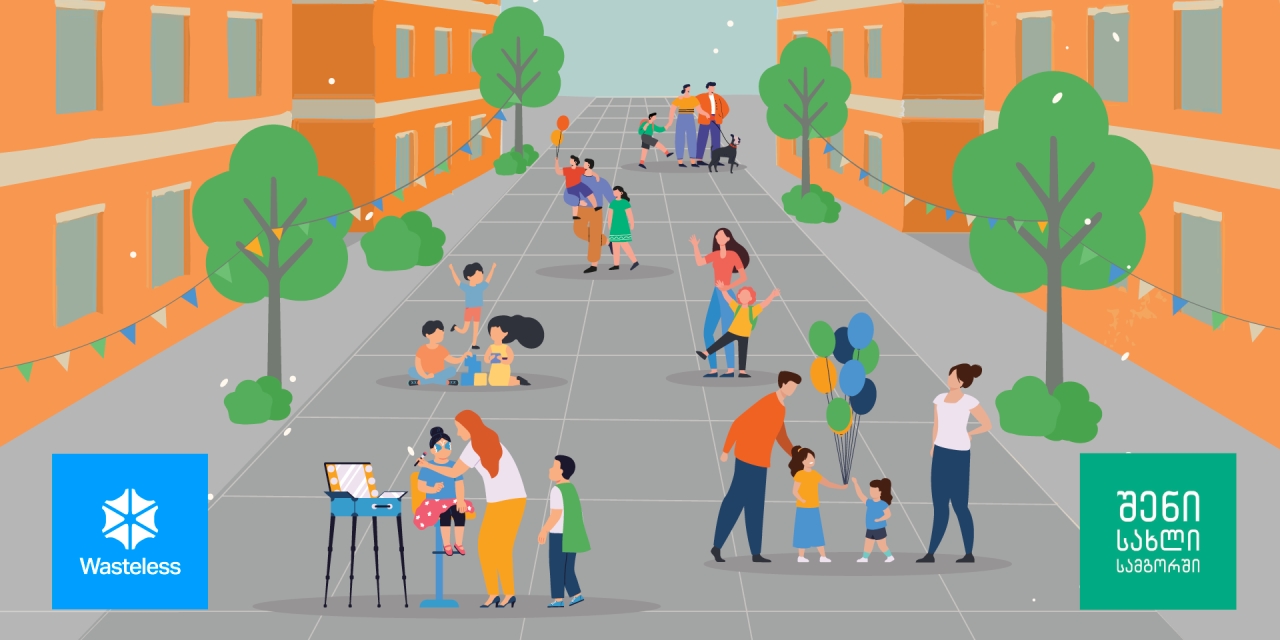


.png)












